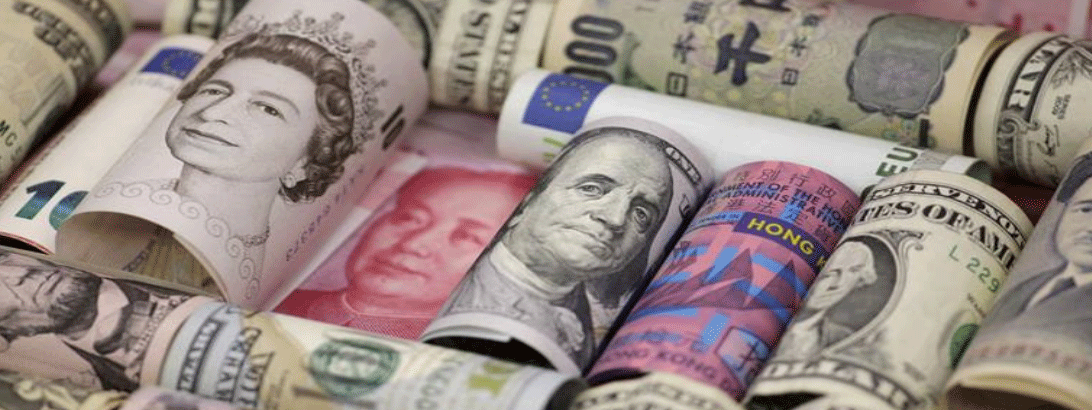Many Canadians enjoy a home away from home and/or have assets, investments or other specified foreign property held outside of Canada. Under certain situations, the Canada Revenue Agency (CRA) requires Canadian residents to file an annual declaration (in a prescribed manner) of all such specified foreign property valued over a $100,000 via prescribed form T1135. Failures can result in hefty penalties (up to $2,500 and even more for gross negligence). This declaration is to be filed along with your personal tax returns.
Are there filing exemptions? Here are a few common scenarios:
- Your property is primarily used as a personal-use property – you need not file in T1135; the Income Tax Act excludes personal-use property as specified foreign property.In common terms, personal-use property includes vacation property used primarily as a personal residence.Per the CRA “primarily” means more than 50% in terms of usage. Whether a property is primarily for personal use and enjoyment is a question of fact that is determined on a case-by-case basis by your tax professional;
- Real property that is held and used as part of an active business in Canada is exempt from T1135 filing requirements;
- Listedpersonal propertysuch as works of art, jewelry, rare folios, rare manuscripts, rare books, stamps, and coins are also exempted for T1135 filing purposes;
- In addition, specified foreign property held in an RRSP or a TFSA is excluded from T1135 reporting requirements.
Example scenarios: Let us distill down the technicality:
a. John owns a US cottage valued at $110,000 and originally purchased at $70,000? Does John need to report this in T1135?
If the cottage was primarily for personal benefit i.e.,personal-use property– there is no requirement for reporting a T1135.
b. John inherits the cottage from his grandmother who initially purchased it for $70,000 and valued at $110,000 at the time of inheritance. John now uses the property for income.
At the time of inheritance, the property is valued at its fair market value (FMV) of $110,000 and the reporting is on the adjusted cost base or the fair market value which in this case is $110,000. Note, as a slight twist, if the FMV was below $100,000 then John does not need to report T1135, but, however, John must report the rental income as part of his world-wide income for his Canadian personal tax returns.
c. John inherits the cottage from his grandmother valued at $110,000 but due to market fluctuations, the value at the end of the year was below $100,000. John generates income during Jan to Aug. and occupies for pleasure during the balance period. Does John need to report this in T1135?
Yes, since (i) the property at one point in the year was valued at more than $100,000 and (ii) there was income generated from the property. Note that 7 months out of 12 in a year meets the primary intent test (more than 50% usage) for the CRA.
Immigration to Canada:
d. John originally purchased his cottage for $70,000 and years later was immigrating to Canada. At that time, the FMV was $130,000 and John has rented the cottage. Does John need to file T1135 along with his personal tax return?
Yes, John has investment to be reported at $130,000 (adjusted cost base at the time of immigration is the FMV) and investment income must be reported (at gross value) along with the T1135 filing.
Limited expectation of profit: John’s cottage is valued at $110,000 and during periods when John is not using this for personal use, he wants to rent the property for an income. However, there is no reasonable expectation of a profit from this income generation. Does he need to file in T1135?
No, John does not need to file in form T1135 as there is no reasonable expectation for generating a profit. However, this is to be determined on a case by case basis, and in any event, John must report his gross income from cottage as part of his world-wide income when filing his personal returns in Canada.
What have I learnt?You need to file in T1135 if the following situations (not meant to be exhaustive) apply for you:
- Own property or inherited property valued at $100,000 or more and used to generate an income but is not part of an active business?
- Have investments such as shares, stocks, etc which are held outside of Canada and valued more than $100,000?
- Examine whether you have been or consider using the property for active business; this option can eliminate T1135 compliance costs.
Finally, the CRA provides Voluntary Disclosure Program from failure to disclose, however, increasingly the CRA is less empathetic to tax payer errors. There are several other complex situations such as securities and other specified foreign property held via trusts or partnerships etc and is beyond the scope of this article. Please consult your professional tax advisor for further details specific to your situation.
If you need more detailed version, please visit or google: bkpc-cpa or contact Balaji Katlai at bk@bkpc-cpa.com
Disclaimer:This article is only for information purposes and is not a substitute for an actual tax planning or from a tax advice perspective. Any errors or omission is solely the authors responsibility. Always, contact your professional tax advisor before undertaking any action.
Author: Balaji Katlai PhD, CPA, CGAis an independent tax consultant (from Montreal) and works from both Niagara and Toronto. If you have any comments or suggestions, Balaji can be reached at bk@bkpc-cpa.com



